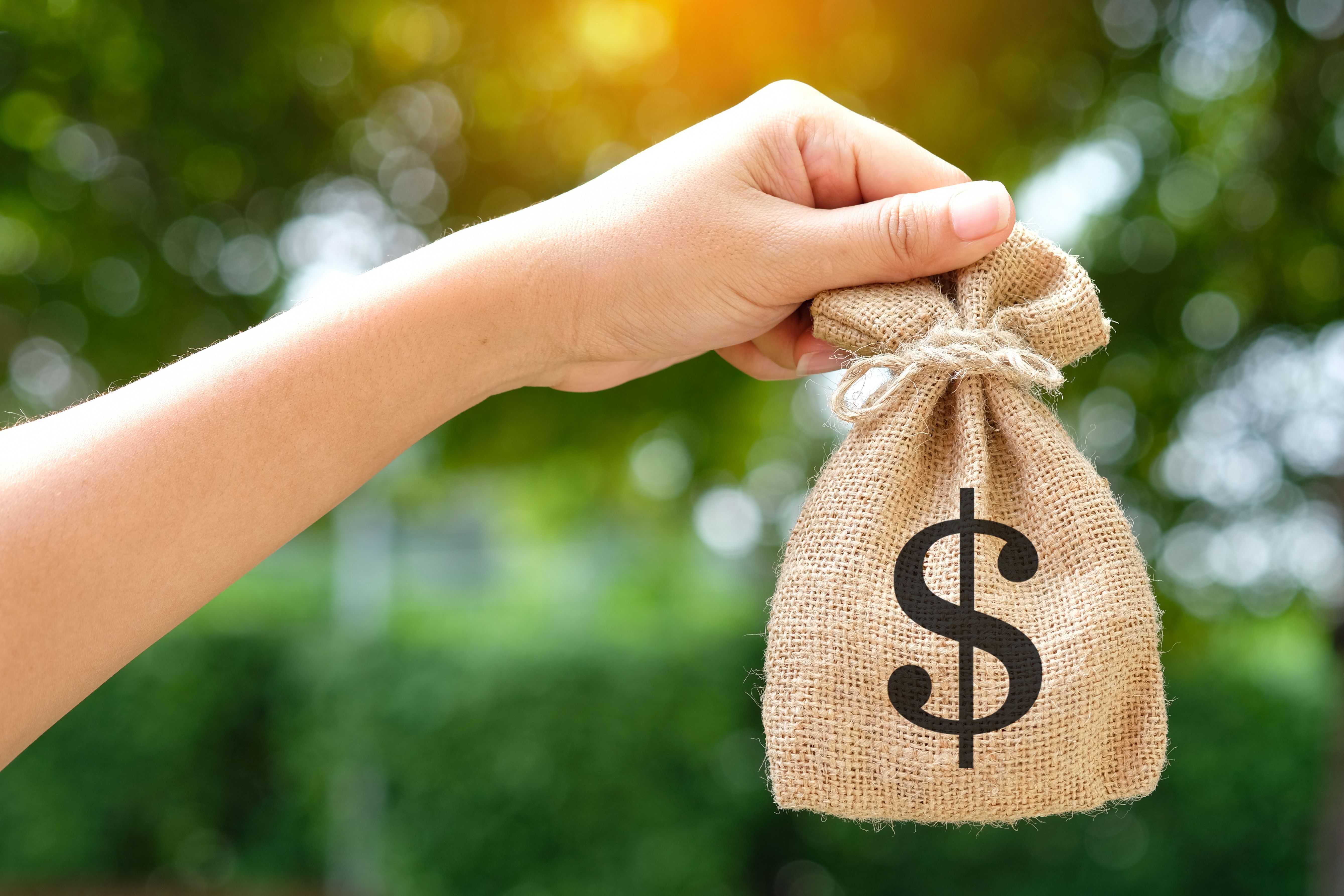When violence against women in relationships becomes entertainment
Trivialization of violence against women in a relationship context is common and contributes to impunity.

MEXICO CITY. “Look at this story”, “He gave her a good smacking”, “I’ve got some hot gossip”… Have you heard this before from people or even the media when they talk about women -celebrities or not- that made the aggression of their partners public? These kinds of expressions help trivialize and even normalize violence and contribute to women not stepping away from it, according to academics and researchers.
This comes from big companies. For example, Snapchat once put up an ad that asked, “What would you prefer? A slap from Rihanna or a punch from Chris Brown?”, which referred to the violence the singer had been a victim of. The brand ended up apologizing for the ad. Trivialization is also exercised by those who comment or post jokes or pass judgment on specific cases of violence against women involved in relationships.
“It’s a way to trivialize violence against women, mocking it, turning it into something not only normal but laughable, and that’s serious”, feminist academic Lucía Melgar tells Dalia Empower.
Take the Women’s Leadership eClass at Dalia Empower
“It’s a reflection of something that’s already happening in our culture, which is minimizing or normalizing the situation and conflict of violence women have faced for years […] instead of moving forward as a society, even as institutions and authorities, since these actions maintain and perpetuate the belief that it’s not that bad, it’s not that important, it’s not that big of a deal, and, of course, that only perpetuates the situation,” said psychologist Lorena Arredondo to News+Media, Dalia’s news and information platform.
Trivialization contributes to impunity. “Instead of it being seen as a serious problem and something that needs to be punished [violence against women in relationships], instead of demanding authorities to punish all these forms of violence, what we do is discredit the victims, implying that they’re doing a big deal out of something that isn’t that important, and saying in the social imaginary: violence against women isn’t important”, claims Melgar.
This happens in Mexico, where 43.9% of women have suffered intimate partner violence, according to the last National Survey of Dynamics of Domestic Relations (ENDIREH), carried out in 2016, considering that there were 43 million 464 thousand 520 registered women who were 15 years old or older. 43.9% of them suffered emotional o psychological violence, which is the hardest to identify; 20.9% financial violence, 17.9% physical violence, and 4% sexual violence.
Redondo mentions that a woman who has received messages that minimize intimate partner violence has greater difficulty identifying if they’re going through that particular situation. If she does, it’ll be harder for her to ask for help.
“Hearing those messages makes it harder for a woman to have the courage, first, to be aware and acknowledge that she’s in a situation of violence, and second, to dare to break the silence and ask for help from friends, family or authorities, because we risk being exposed to being ridiculed in the media, or being taken as a joke”, she claims.
We recommend: Violence against women in Mexico reaches record numbers in 2021
Out of the women who have suffered intimate partner violence in Mexico, only 5.6% filed a legal claim, while 79% told a family member and 44.1% talked to a friend, according to the ENDIREH. Wendy Figueroa, manager of the National Network of Shelters, warned that for women to be able to say what happened or file a claim, they must identify that what they’re going through isn’t normal. However, a society that tolerates and normalizes violence makes this process even harder. Generally, women who are aware that they’re experiencing some type of violence face fear and shame, which grows larger within a mockery social environment”, Redondo says.
Also read: 1 in 2 women globally have experienced violence during the pandemic: UN
According to the ENDIREH, the reasons why women don’t file claims are fear (19.8%), shame (17.3%), threats (3.4%), because they thought no one would believe them (3%), because they didn’t want their families to find out (10.3%), and because they considered it irrelevant (28.8%).
“The message women, men, and children are receiving is that this is normal and something to laugh about; we mock it, we mock the victim and not the aggressor and we revictimize women who are going through this or who have gone through this; we are turning into accomplices and aggressors as well, and this feeds the fear and despair”, the psychologist claims.
Redondo claims that the younger generations are more aware of gender violence thanks to the momentum gained by women’s movements, which could generate change.
So far, however, the numbers within those younger generations aren’t much better. The World Health Organization points out that 3 in 10 teenagers have suffered violence in their relationships. In Mexico, the most recent National Survey on Violence in Boyfriend-Girfriend Relationships was carried out in 2007 and revealed that 76% of teenagers between 15 and 17 years old have suffered psychological violence in their relationships, 17% sexual violence, and 15% physical violence. It’s them who are receiving the message, especially from social networks, that violence against them is unimportant.
Also read: Two mothers that made the difference in the fight against femicide in Mexico
Rihanna, the Kardashians, Reese Witherspoon, Christina Aguilera, Amber Heard, Karla Souza, are just a few celebrities who have made their situations of violence public, many of them victims of their partners or ex-partners. But they’ve had to face the media and an audience who wants to know more. So TV shows, newspapers, the web, and millions of posts on social media devoted themselves to analyzing each and every one of their statements, turning the subject into the latest gossip, filled with morbidness and mockery to attract and entertain the audience.
“To me, this is a clear reflection of the patriarchal system that endures not only in Mexico but globally”, claims Melgar, who rejects the misogyny, mockery, and revictimization that arises when a woman uses her voice to denounce and defend themselves.
We recommend: Only 2% of female victims of violence receive attention: Conavim
This “tradition”, Figueroa says, dates back to traditional media (radio, TV, newspapers). And newer internet platforms have replicated the same narrative, although with greater reach and frequency. Out of the total number of web users in Mexico -approximately 84 million, according to the Inegi-, 66.1% use their devices to access social networks, and 91.4% do it every day, according to the Study of Internet Users’ Habits in Mexico 2021 from the Internet Association MX. Also, almost 30% are between 12 and 24 years old; 20% are between 25 and 34, and 40% are between 35 and over 45.
Internet platforms have also brought another phenomenon. It’s not only famous women who tell their stories and reject violence. Now, ordinary women make themselves heard, too, as happened with the #MeToo movement in the United States, when millions of women revealed the aggressions they had suffered at the hands of men, which resonated all over the world, including Mexico. Many times, though, those stories are picked up by third parties who retell them with criticism or mockery that fade the true dimension of the problem of violence against women. “It would seem like it’s just another source of fun”, Lourdes Melgar emphasizes.
Also read: Dalia Empower launches its crisis line against gender violence

Esta obra está bajo una Licencia Creative Commons Atribución-NoComercial-SinDerivadas 4.0 Internacional





